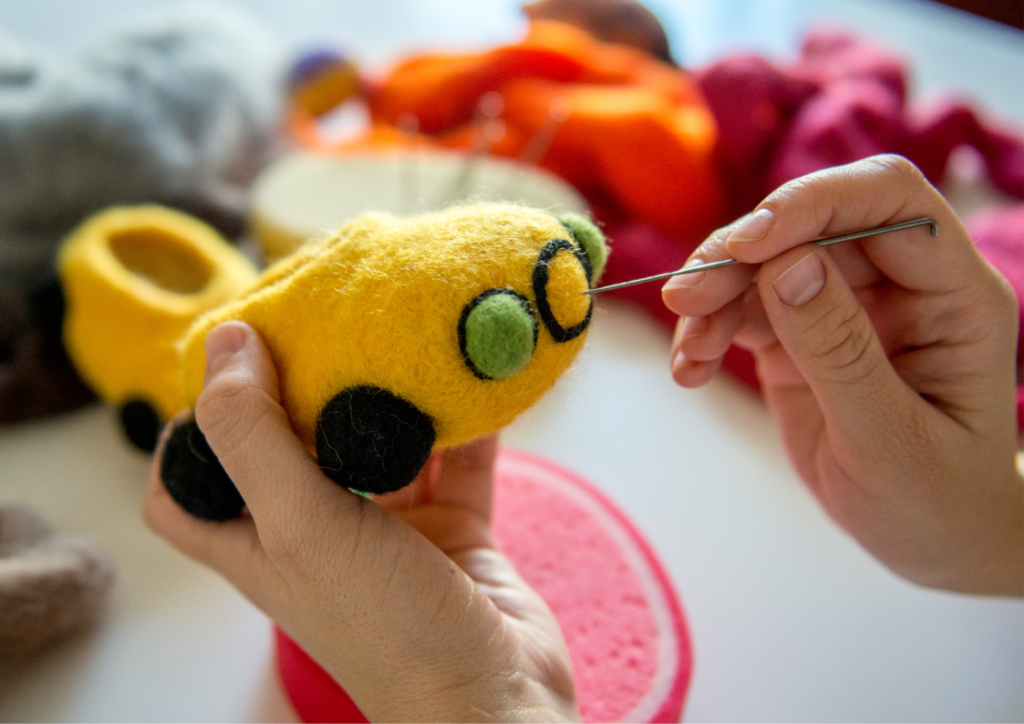
In the vibrant world of children’s toys, where imagination knows no bounds, a hidden reality often remains obscured from young eyes and innocent minds. Behind the joyous playtimes lie complex supply chains, where the production of toys can sometimes involve unfair labor practices, exploitative wages, and environmental degradation. However, a beacon of hope shines through this darkness in the form of fair trade principles applied to toy production.
In this article, we’ll delve into the concept of fair trade in toy manufacturing, its significance, key factors, and its positive impact on both the industry and the consumers.
Understanding Fair Trade in Toy Production
Fair trade is more than just a branding label; it is a movement that aims to rectify the imbalances in global trade. Fair trade guarantees that producers, often in developing countries, are paid fair wages for their labor. It prioritizes safe working conditions, prohibits child labor, and fosters sustainable practices.
Read more: Introduction to Fair Trade
When it comes to toys, fair trade ensures that the artisans and laborers who create these delightful playthings are treated fairly. From raw materials to the final product, every step of the production process is optimized to ensure that human rights are upheld and environmental impact is minimized.
Factors Driving the Need for Fair Trade in Toy Production
- Child Labor Concerns: Paradoxically, an industry centered around children can sometimes involve child labor in its supply chains. Fair trade guidelines work to eradicate child labor, ensuring that the exploitation of young workers does not compromise the innocent joy of childhood.
- Living Wages: Many toy manufacturing workers struggle to earn a living wage, particularly in developing countries. Fair trade insists on adequate compensation, enabling workers to meet their basic needs and aspire for a better quality of life.
- Safe Working Conditions: Ensuring the safety of workers within toy manufacturing facilities is paramount. Fair trade practices demand proper health and safety measures, preventing accidents and promoting the well-being of employees.
- Environmental Sustainability: The toy industry’s environmental impact, often overlooked, is substantial due to the materials used and waste generated. Fair trade encourages environmentally friendly practices, minimizing the carbon footprint of production processes.
The Positive Impact of Fair Trade in Toy Production
- Empowerment of Artisans: Fair trade initiatives enable local artisans and craftsmen to preserve their cultural heritage while gaining access to global markets. This empowerment keeps traditional techniques while fostering economic growth.
- Community Development: Fair trade projects often channel some profits into the communities where toys are produced. Investing in education, healthcare, and infrastructure brings about lasting positive change.
- Quality and Innovation: Fair trade principles encourage the production of high-quality, durable toys, promoting longevity over disposability. This focus on quality leads to innovative designs that stand the test of time.
- Ethical Consumerism: By supporting fair trade toys, consumers contribute to a virtuous cycle of ethical production and responsible consumption. This choice sends a message that exploitation has no place in play.
Challenges and Roadblocks
Implementing fair trade in the toy industry is challenging. Some of these include:
- Cost Considerations: Fair trade products might be priced slightly higher due to the increased production costs associated with ethical practices. However, it’s crucial to recognize that this cost difference reflects the labor and resources’ actual value.
- Supply Chain Complexity: The toy production process often spans multiple countries, each with its regulations and practices. Ensuring fair trade across such a complex supply chain requires collaboration and commitment from various stakeholders.
- Consumer Awareness: Many consumers are still unaware of the need to learn about fair trade and its impact on toy production. Raising awareness is vital to driving demand for ethically produced toys.
How Can Consumers Contribute?
Every consumer has the power to contribute to the fair trade movement in toy production:
- Educate Yourself: Familiarize yourself with fair trade principles and look for reputable certifications like Fair Trade Certified™ labels when purchasing toys.
- Support Fair Trade Brands: Many brands are dedicated to fair trade practices. Supporting these brands encourages others to follow suit.
- Spread Awareness: Talk to your friends and family about the significance of fair trade in the toy industry. Sharing knowledge can spark a ripple effect of ethical consumption.
- Lobby for Change: As consumers, we hold power. We can push the industry toward positive transformation by advocating for fair trade practices and demanding transparency from toy manufacturers.
Examples of Fair Trade Toy Brands
Here are some of the fair trade toy brands that are known for their ethical practices in toy production:
- Pebble Child: Pebble Child creates hand-knit and crocheted toys that are adorable and ethically made. Their toys are produced by artisans in rural Bangladesh, providing fair wages and safe working conditions.
- Hape Toys: Hape Toys is committed to sustainability and ethical practices in toy manufacturing. They use renewable materials and water-based paints in their toys, ensuring a safe and eco-friendly play experience.
- PlanToys: PlanToys is known for its eco-friendly and socially responsible approach to toy production. They use sustainable materials like rubberwood and prioritize fair labor practices throughout their supply chain.
- Lanka Kade: Lanka Kade specializes in handcrafted wooden toys made by skilled Sri Lank artisans. Lanka Kade company is committed to fair trade practices and supports local communities through its production process.
- Moulin Roty: This French brand produces a wide range of children’s toys, often handcrafted and adhering to fair trade principles. They focus on high-quality craftsmanship and ethical manufacturing practices.
